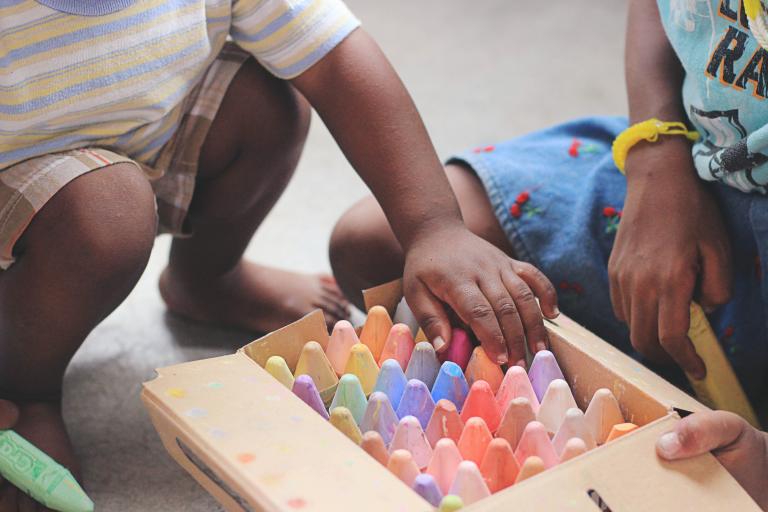From the time we are very young, the concept of ownership is vitally important to us. My nephews are nine and six and the most prevalent content surrounding their tantrums is possession. What is mine? Why do I have to share? Why are they allowed to have their own thing? The nephs will go into fits if their brother is using something that belongs to them OR if they are not being allowed to use something that does not belong to them. They want it all.

As adults, we are not too different, just more sophisticated.
We love the idea of possession. We think it says something about who we are, that it is indicative of our identity, and that what we own are totems to communicate to others the degree to which we are important.
A few weeks ago, Kylie and I did our taxes. We live in a state that requires both state and city tax. But the company we work for is in a different state, one that does not require either – and therefore does not deduct it from our paycheck. It is always a bit of a gut punch during tax season to do the math and realize just how much of what we’ve earned does not belong to us.
Possession
The same revelation hit me again this year. We had to pay out thousands of dollars. Unlike years previous, this one surprised me less, which was very nice. We had prepared for this eventuality. But the whole process of tax season really invites me to consider what it means to possess something and what truly belongs to me.
I was at a youth conference once where the speaker asked all of us to conceive and draw a brand new animal – something that did not exist and was straight out of our imagination. When we had some rough junior high sketches in our notes, he continued his talk by saying “Let me guess, your animal has some sort of body, eyes, hair (or no hair), limbs…”
His point was this: we cannot conceive of, let alone create, anything new. All of our “creations” were derivatives of what already existed. They were new only in the sense that the particular elements had been arranged in the exact way we arranged them. But to truly create we would have to be able to conceive and make new elements. It is like thinking of a color that doesn’t exist. We can’t really do it. Everything we can imagine is a reshuffling of what already is.

Possessions are the same. There is nothing we own, nothing that we possess, that is truly uniquely ours. I am talking about material things. They existed in some form before and will be recycled after. “My” house will be someone else’s one day. The same truth goes for my money, my toys, my books, etc. They are just passing through my hands. I do not truly own them in the strictest sense of the word. They are passing through my hands for a short while.
This certainly rings true during tax season, but I believe it is a universal reality.
Perspective
When we take this perspective on possession, we free ourselves from the entrapment my nephews feel. The trap of believing our possessions are indicative of our core, manifestations of our worth.
If they are just resources that are passing through my hands, possessions are both stripped of their false power and given their true value.
What we possess, after taxes (snarkiness intended), are an opportunity. They are not meant to be treasures we bury or store away. They are meant to be a tool for us to express what we value most – a chance for us to serve others and embolden a life of purpose, meaning, and character within us.
So, if, like me, you are struggling with tax season, remember what Jesus said about giving to Caesar what is Caesar’s. And that it is not truly yours anyway; it is just passing through. And even after taxes, you have an opportunity to steward the resources you are borrowing for this short time on earth.












